If there’s one two-word phrase many American teachers say they’d prefer never to hear again, “learning loss” would be it.
The pandemic that has upended lives and the American education system as a whole is still going, and even with most kids back in the school building at least part of the time, education experts are still debating whether or not we should be talking about the disruptions to academics as a “learning loss” or something else.
Is Learning Loss Real?
The story of whether or not kids suffered a learning loss is complicated.
You could look at the dollars and cents of it all the way McKinsey researchers did. They estimate the pandemic’s effect on children’s education could result in today’s students earning $49,000 to $61,000 less over their lifetime and an overall impact on the US economy somewhere in the billions.
Don’t want to commodify kids’ education?
Here’s how Ron Berger, the chief academic officer at EL Education, put it when he appeared on the Teach Starter podcast earlier this year: “There was a lot of loss of all kinds of people — there was loss from COVID in terms of people’s health, people lost loved ones, there was financial loss, there was job loss, there was emotional and social loss for people. This is a really hard time for adults and for kids, and of course there was academic learning loss that happened.”
McKinsey did the math there too: They found that “students testing in 2021 were about 10 points behind in math and nine points behind in reading, compared with matched students in previous years.”
Certainly, the pandemic has affected American education and exacerbated inequities already present in the system, compounding racial and socioeconomic disparities.
But educators pushing back on the learning loss narrative say it’s a false flag that prevents us from seeing what has been gained in the past year and a half. And experts like Berger say focusing on learning loss could end up costing our kids in the long run, especially kids who struggled the most while learning at home.
“Whatever inequities that existed before the pandemic are going to be really worsened if we label kids and put them in rigid places,” Berger says.
What Does Learning Loss Mean?
When evaluating kids who have returned to traditional school settings, the word triage has largely been bandied about, Berger says, a term that he warns is dangerous because it treats children like emergency room patients, like people who need to be “fixed.”
“The reason that’s a dangerous metaphor is that learning is not about getting fixed,” Berger explains. “We can’t ‘fix’ kids. Kids have to do the learning themselves. They have to be empowered and confident and positive about their learning. They have to lean into the learning. The more they care, the more they feel positive about their work, the better they’ll do.”
Instead, Berger calls for us to look at working with kids more like a physical therapist might a patient — assessing their weaknesses and their strengths too.
And yes, there were strengths developed while kids were at home on Zoom, teachers tell Teach Starter.
“Learning loss gives the implication that students are doing nothing, that they aren’t learning new skills or to adapt,” says Nicholas Ferroni, a teacher from New Jersey and vocal educator on Twitter. “But when we lose something, we gain something else.”
Ferroni tells Teach Starter he’s adamant that kids will be better served in the classroom in the long run — and his job would be a whole lot easier if they were there. Still, teaching virtually has forced both Ferroni as an educator and his students to approach problems from new angles, and he’s seen students developing the ability to apply information better during the pandemic rather than simply memorizing. They’ve been able to use new tools too, and become more creative as projects have become video-based with more student opinion.
Just as the job world has evolved on a technical level, so too have students evolved in the pandemic, Ferroni says. To focus solely on learning loss over learning gains would be a mistake, he says, and he’s not alone.
Joe Truss is a middle school principal and racial equity consultant in education. As the “learning loss” narrative gained steam, the Californian educator said he noticed it wasn’t being heard from parents of color. Instead, the narrative seemed to be pushed by people who were in a rush to go back to the way things were before, Truss says.
But Truss says the pandemic gave educators the chance to do what educator reformer Bettina Love calls “freedom dreaming.” “It forced us to do some reimagining,” he says. “It’s so hard when you’re in the box, you’re not going to test. But the pandemic let us have these beautiful conversations that we never even realized we could have.”
With everything off the table, everything was suddenly on the table, Truss says, giving educators a chance to simply do what was necessary to educate children instead of doing what has been done for decades — right or not.
How the Pandemic has Changed Education
That’s meant districts have built better parent-teacher relationships with schools across the US, creating “parent universities” to get parents up to speed and fully integrated with their children’s education, increased focus on student mental health, and refocused spending to arm kids with technology access they’ve needed all along. More districts are considering new staffing models, too, increasing support staff in recognition of the evolution that has occurred in a teacher’s job description — from student counselor to IT expert.
And when we asked the Teach Starter community on Instagram to share some of the many things they’ve gained this year, they had plenty to say!
- “I am way more tech-savvy and adaptable than I knew. Also, an expert at managing time during a virtual school day.” — @misstexas_teachingadventure
- “I learned to be more brave, show up…and remember that I’m still a student too…” — @mesb88
- “I’ve learned how to give myself the grace I give to my students. It’s been rough, but we are making it!” — @unsinkableteacher
- “Even when they don’t have motivation and they fail your class, they still need your attention, love, and respect. You have to remind them that failure is a chance to start over.” — @stewarthesciencekid
The question Truss, Ferroni, and many other educators are asking as we progress in the 2021-2022 school year and look beyond is, “What next?”
How to Address “Learning Loss”
For Berger, the key is not looking back but forward so that kids have the opportunity to look forward too.
“We need to think now is our chance to really rebuild strongly,” Berger shares on the Teach Starter podcast. That means carefully framing diagnostics to determine learning gaps, and creating support systems that do not put them back a year.
“If students are categorized in ways that they are a lower level student — you’re a student that needs remediation, you’re in this group for the year, you’re in this group for five years — that becomes your self-image,” he explains. “You lose your sense of I can push myself; I can try for more because I’ve already been labeled someone who’s deficient.”
Studies during the pandemic have shown the inefficacy of forcing students to repeat the curriculum they already went through — albeit alone at home — showing increased success in accelerating students to the next level while providing review of concepts from the missed year.
As Berger puts it: “We need to challenge kids more than we think. Upping the challenge is always the right choice, expecting more of kids is always the right choice.”
And lest parents (or educators) worry, this does not mean forcing kids to fly without a set of wings.
“Of course we need to do support and feather in the supports that kids need, but when our expectations are higher, kids have a higher ceiling to go toward,” Berger says. “We need to believe in kids and give them high expectations and tell them they can do it. When they struggle a little bit, give them a little help. If we do the opposite — which is say we don’t actually believe in you; we’re going to go all the way back and remediate you all year — the kids sort of lose their sense of confidence.”
Want to hear more about learning loss on the Teach Starter podcast? Search Teach Starter podcast on Spotify, Apple, or whoever you listen to podcasts!
[resource:4363252][resource:4649192][resource:4641433][resource:4454021]

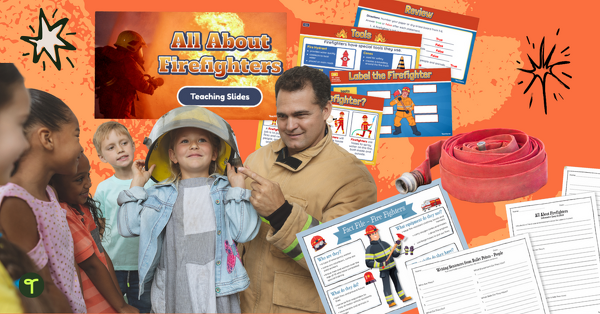
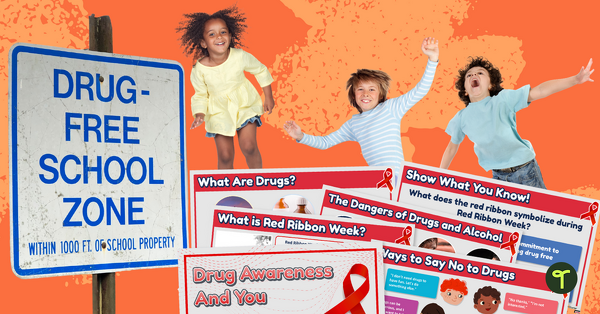
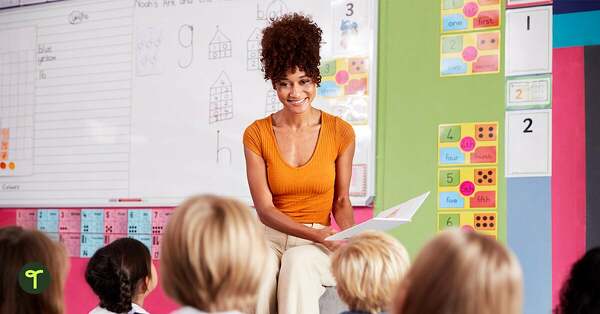
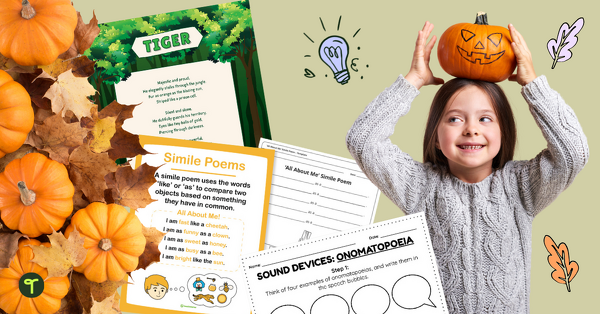
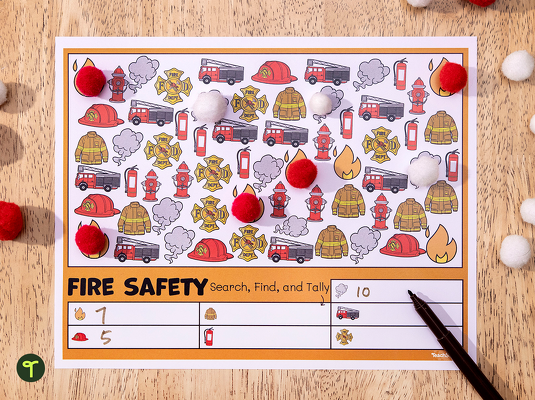
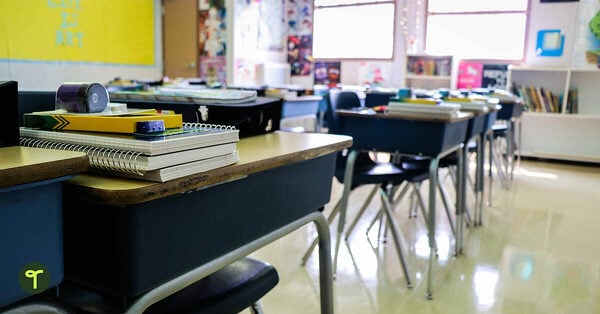
Comments